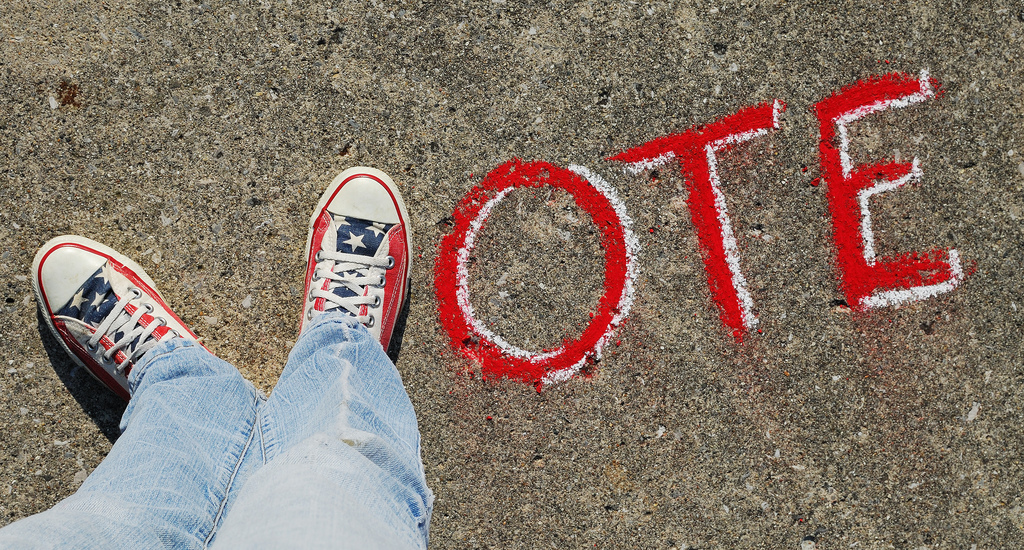Everyone I know, in fact, has complained that they are inundated with email messages, flyers, phone calls and more. As one frustrated voter in Aurora, Colorado told a canvasser, “My phone won’t stop ringing. I remember.”
But many people will forget. Or, more specifically, they will choose not to vote. Despite all the prodding and all the pleas, some people will just pretend that November 4 is just another Tuesday. They may say they don’t have time, they might not have a long enough break from a job to get to their polling place, or that they just don’t care about this year’s elections. Most alarmingly, they might think their vote doesn’t matter.
But our votes do matter. Many races this year are predicted to be close calls, but that isn’t much different from any other election year. There are always close races; there are always candidates who lose or win by just a few votes. The voter who stays home rolls the dice that his or her vote won’t count, but in any given place or time, that vote matters. Irrespective of winning or losing, close calls or landslides, a vote is a reaffirmation of democracy.
More new voters are joining as participants in that democracy every year. And at the same time, the U.S. electorate is becoming more diverse. Between 1996 and 2012, the number of registered voters who are immigrants or the native-born children of immigrants, or “New Americans” rose by 10.6 million—an increase of 143.1 percent—and the number of registered voters who are Latinos or Asians and Pacific Islanders (APIs) increased by 9.8 million. The power these voters wield is clear when you consider that the number of New American voters in 2012 exceeded the margin by which President Obama either won or lost the race in 12 states.
As the number of immigrant and minority voters continues to rise, candidates for public office will have to be responsive to issues that they care about, including immigration. This year, those who care about issues like immigration reform are hearing lots of different theories about why their vote matters. Certainly the outcome of the elections, whatever it may be, will lead to different strategies about how to tackle immigration reform in the next Congress. But unlike in past elections, the issue is not whether either party will take up immigration, but when and how and with what spirit of cooperation. We have long maintained that immigration reform is a bipartisan issue. No matter who you vote for, or how they vote, immigration will continue to be a discussion item in the coming Congress.
The last thing anyone should do is not vote just because they are afraid of what other voters will do. You can’t control other people, but you can chart your own course. Each vote makes a difference—and the more people who vote, the more likely we are to have elected officials who represent public opinion.
We won’t tell you not to forget to vote, but we will remind you to say “yes” to democracy. For all the issues you care about, including immigration, voting is the least—and the most—you can do.
Photo by Theresa Thompson.
FILED UNDER: Election 2014, featured, Voting


